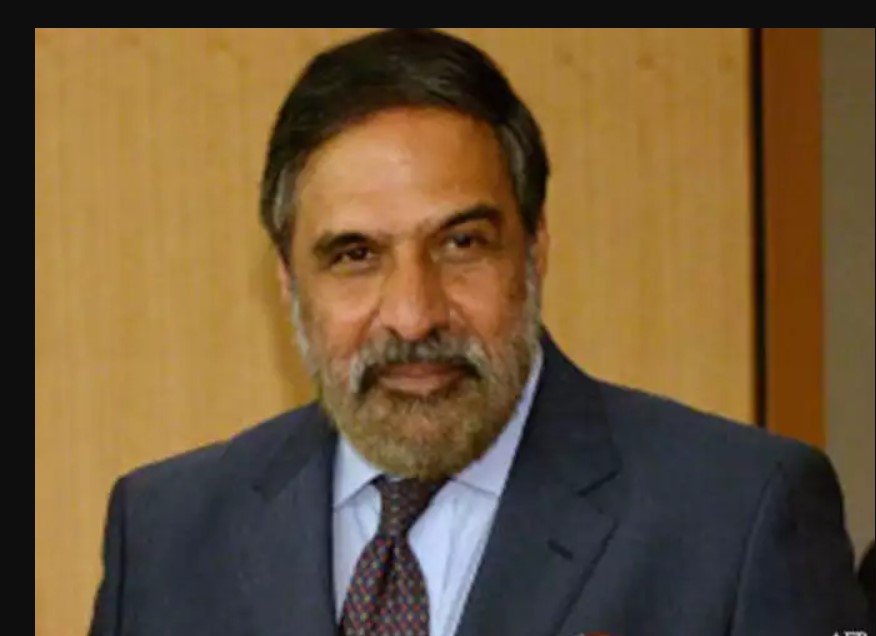Piyush Goyal, the Minister of Commerce and Industry stated that India will protect National Interest before entering a free trade deal. “Every interest of domestic industry and the people of India has to be protected before we execute any free-trade agreement,” said Piyush Goyal.
Goyal also raised the issue of hurried ASEAN – India trade deal which has been severely criticized by experts. “We saw in 2009-10 period of Congress regime, where agreements were done in a hurry,” said Goyal.
The ASEAN-India FTA, signed in 2009 by the UPA government gave disproportionate concession to the countries like Vietnam and Indonesia. India agreed to eliminate 74 per cent of tariff lines while Indonesia and Vietnam eliminated only 50 and 70 per cent tariff lines respectively.
The then CM of Kerala, V. S. Achuthanandan, led a delegation to PM Manmohan Singh to protest against a free trade deal with ASEAN. Kerala, a major exporter of plantation products, experienced setback due to the South Asian Free Trade Agreement (SAFTA), signed in 2006 by the UPA government. The cheap coconut imports from Sri Lanka hurt the state’s coconut cultivation industry.
The state received another setback in the form of ASEAN-India FTA due to cheap palm oil imports from Malaysia, which is second largest producer of Palm oil. The cheap palm oil imports from Malaysia severely hit Kerala’s capacity. Recently, Modi government raised import duty on palm oil from 45 per cent to 50 per cent in the wake Malaysian Prime Minister’s comment on Kashmir.
The poorly negotiated India-ASEAN FTA severely hit the farming sector of the country, especially in South India, which has similar product base as that of Southeast Asia.
The industry leaders were not consulted during the previous trade deal, which was a hurried decision. Modi government had bought enough time from RCEP to carry out countless rounds of talks with industry leader and listen to their worries.
The biases of India-ASEAN free trade deal could be corrected through a better negotiation in RCEP deal and, Modi government is doing exactly that. Goyal has also hinted that India will hurry to sign RCEP and Indo-US trade deal will be given priority. A tough negotiator like Piyush Goyal, who has previous experience in the field of International trade, could surely bargain better than Kamal Nath or Anand Sharma (trade and commerce minister during UPA regime) who were novice in subject matter expertise.
Indian businesses worry that they will lose due to new trade deal because companies from RCEP member countries could offer cheaper products which will ultimately hurt their own sales and profits.
Previously, Siddaramaiah, former Chief Minister of Karnataka, accused that the government is working against the interest of farmers and welcomed the decision of the Congress President Sonia Gandhi to raise the issue in parliament.
“I welcome the decision of @INCIndia President Smt. Sonia Gandhi to support the fight against #RCEP and raise this cause in the Parliament in the interests of farmers,” tweeted Siddaramaiah.
I welcome the decision of @INCIndia President Smt. Sonia Gandhi to support the fight against #RCEP and raise this cause in the Parliament in the interests of farmers.
6/6@INCKarnataka— Siddaramaiah (@siddaramaiah) October 23, 2019
Congress party, which signed two poorly negotiated trade deals with South Asian and Southeast ASEAN countries, have no moral authority to raise concerns over RCEP, which is being negotiated to correct the biases of India-ASEAN FTA. The poorly negotiated trade deals with South Asian and ASEAN countries, hurt the interest of Indian farmers while for Modi government, the national interest is paramount.
